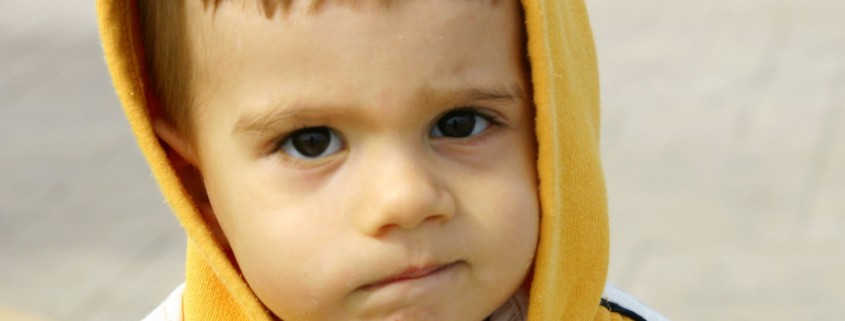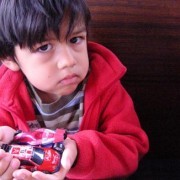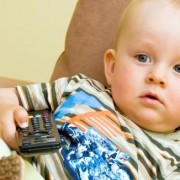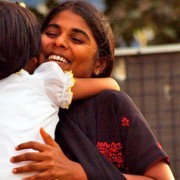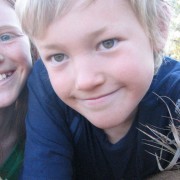Parents… Please don’t Punish Your Children
Recently I’ve been presenting some ‘123 Magic and Emotion Coaching courses’. This is a 3 session course which provides parents with simple and effective ways of managing their child’s (aged 2 – 12 yrs) challenging behaviours – things like nagging, yelling, throwing toys etc. We know these are often ‘normal’ responses which children do when they don’t get their way; when things go wrong; or when they are tired or hungry. The sessions give parents some tools to get positive results without the need for them to bribe, justify or yell, and importantly it’s done in a manner which respects the child’s ‘right’ to assert what they are experiencing. It is our job as parents to ‘Calmy and Consistently’ (The Parenting Cafes’ motto) assist our children to learn what is acceptible behaviour and what is not.
One thing which always comes up for discussion in the course is ‘punishment’. The dictionary definition of the word ‘punish’ is to: “Cause to suffer for an offence.” Have our children committed an ‘offence’? Do we want our children to ‘suffer’ for this?
Surely what we want, is that they ultimately learn what is acceptable or not.
Many parents use the term ‘punishment’. Think about it… if you are late paying your Electricity bill, you receive a late payment fee. This is the natural consequence of the choice you made when you didn’t pay the bill on time. It’s not a ‘punishment’, it is a ‘consequence’. It may seem like just ‘words’ but in fact there’s a big difference…
Our role as parents involves ‘discipline’. The word ‘discipline’ actually means: To teach! When our children are behaving poorly we need to teach them a better way of behaving. Inflicting a ‘punishment’ is a punitive measure, and is unlikely to get long term positive results. It is far better to have consequences for their behaviour.
The definition of ‘consequence’ is: “What results from one’s choice or action”.
The consequence of your/ their actions must be logical. So, for example, if the child spills his drink, the first consequence is that there is a mess, and the second consequence is that it needs to be cleaned up. This is when it is appropriate to get your child involved in the clean-up. Yes, we know that a younger child may not do a great job of this, but what you are doing them is showing them how to follow up on their actions. By doing this (and we may be assisting as well) we are teaching the child about ‘what happens if I do xyz’ and about personal responsibility. Both really important life skills!
So, what are some logical consequences…
If they spill their food or drink, they need to clean it up. Younger children will need a lot of your help to do so, with older children needing less help.
If they speak rudely to you (whether it’s yelling or nagging), the consequence would be that they don’t get what it is they wanted.
If they wreck their sisters lego construction, the consequence is that they fix it up – again with some of your help.
If they push or poke someone, the consequence may be that that person won’t play with them.
If they behave poorly while at the shops, the consequence might be that you pack up and come home.
Consequences need to be logical…. it is not appropriate to say no to their dance class on Thursday, because they misbehaved on Monday.
We all learn best when things make sense. Logical choices do (and should) make sense.
Children weren’t born knowing what they should do to behave well. They are not mini-adults! Children need to be taught – which is where discipline comes in. Be gentle but firm with the consequences.
Remember that consequences work in the positive too…
The consequence of getting their gumboots on might be that they can go outside to dig in the garden.
The consequence of speaking politely means that you will respond to them.
The consequence of putting away their blocks might be that you’ll get down the puzzles they want to play with.
You’ll have far greater success with natural consequences than with punitive measures. And as a consequence your children will learn appropriate behaviour quicker!
Happy Consequential Parenting!
